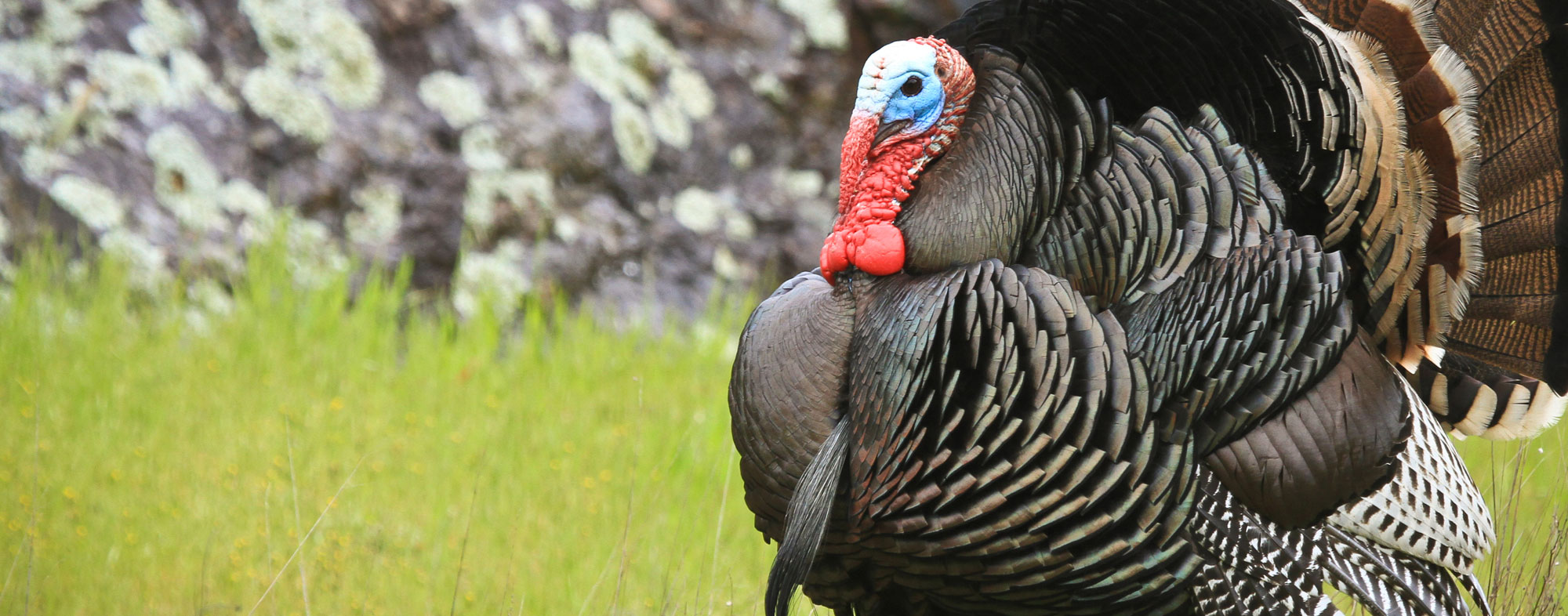Wild turkeys are intriguing creatures that roam the woodlands and grassy areas of North America. These birds are known for their distinctive appearance and unique behaviors. One such behavior that stands out is their appetite for ticks.
In recent years, ticks have become a growing concern due to the rise in tick-borne illnesses. As a result, people are looking for natural and eco-friendly ways to control tick populations. This has led to an increased interest in the role of wild turkeys in tick control. Lets know more about wild turkeys eat ticks.
The Diet of Wild Turkeys
Wild turkeys have an omnivorous diet, meaning they consume both plant matter and small creatures. Their diet includes a variety of foods such as fruits, berries, seeds, insects, and even small reptiles.
When it comes to insects, turkeys have a particular liking for ticks. Ticks are high in protein, which makes them an attractive food source for these birds. While turkeys may not rely solely on ticks for their diet, they certainly do help in controlling tick populations.
The Benefits of Turkeys Eating Ticks
Having wild turkeys around can provide numerous benefits, especially in areas where ticks are a concern. Here are some advantages of turkeys eating ticks:
| Tick Control | Turkeys are known to consume large quantities of ticks, and by doing so, they help in naturally reducing tick populations. This can be particularly beneficial in areas where tick-borne illnesses are prevalent. |
| Ecosystem Balance | By preying on ticks, turkeys play a vital role in maintaining a balanced ecosystem. Excessive tick populations can have negative impacts on wildlife, as well as humans and pets. Turkeys help keep these populations in check. |
| Reduced Pesticide Use | With turkeys naturally controlling tick populations, there is a reduced need for chemical pesticides. This benefits the environment by minimizing the use of harmful chemicals and promoting a more sustainable approach to tick control. |
| Healthy Turkeys | Ticks are carriers of various diseases, including Lyme disease. By consuming ticks, turkeys reduce their own risk of contracting tick-borne illnesses, ultimately contributing to their overall health and well-being. |
How Turkeys Hunt Ticks
Wild turkeys are not entirely efficient in hunting ticks, as ticks are small and often hidden in the grass or under leaves. Turkeys typically forage on the ground, pecking and scratching at the soil to reveal insects and other food sources.
When turkeys come across a tick-infested area, they may indeed consume a significant number of ticks while foraging. However, it is worth noting that they may not specifically seek out ticks as their primary target.


Leave a Reply